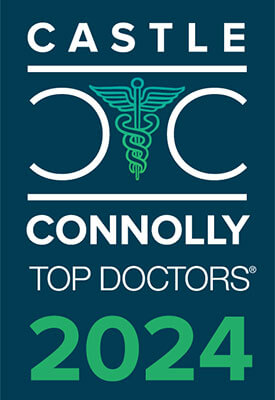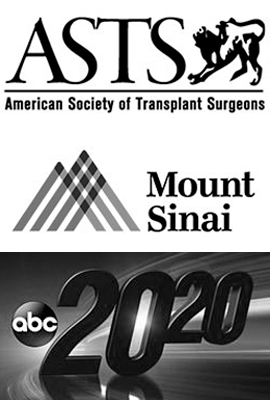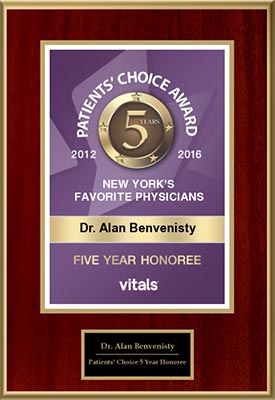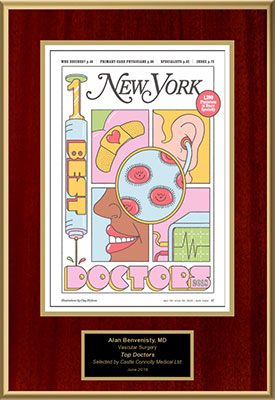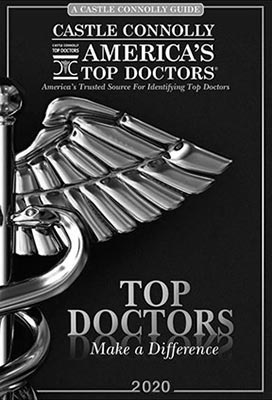Stroke and Summertime Heat: What You Need to Know

As the summer sun shines brightly and temperatures soar, it’s essential to be mindful of the various health risks posed by the heat. One of the most serious concerns that may arise during these hot months is the increased risk of stroke.
Dr. Alan I. Benvenisty explores the causes of stroke, the critical F.A.S.T. signs to recognize one and how the summertime heat can contribute to this serious health event. Dr. Benvenisty is your go-to expert in stroke treatment and vascular health in New York City.
Understanding Strokes: Causes and Risk Factors
The National Heart, Lung, and Blood Institute says a stroke occurs when the blood supply to a part of the brain is interrupted or reduced, preventing brain tissue from getting the necessary oxygen and nutrients. The two main types of stroke are:
- Ischemic Stroke: This is the most common type, accounting for about 87% of strokes. It occurs when blood clots block blood vessels supplying blood to the brain.
- Hemorrhagic Stroke: This occurs when a blood vessel in the brain leaks or ruptures, leading to bleeding in or around the brain.
Several risk factors contribute to the likelihood of experiencing a stroke, including:
- High blood pressure
- High cholesterol
- Smoking
- Diabetes
- Obesity
- Sedentary lifestyle
- Atrial fibrillation (irregular heartbeat)
- Family history of stroke
As a board-certified surgeon in vascular surgery, Dr. Alan Benvenisty emphasizes that understanding these risk factors is critical for prevention, especially for patients with a history of vascular disease or those at risk.
Recognizing a Stroke: The F.A.S.T. Method
Time is of the essence when it comes to treating a stroke. Recognizing the signs early can save lives and improve recovery outcomes. The F.A.S.T. acronym is a simple way to remember the warning signs:
- F: Face Drooping – Does one side of the face droop or feel numb? Ask the person to smile and check if the smile is uneven.
- A: Arm Weakness – Is one arm weak or numb? Ask the person to raise both arms. Does one arm drift downward?
- S: Speech Difficulty – Is speech slurred or confused? Can the person repeat a simple sentence correctly?
- T: Time to Call 911 – If you observe any of these symptoms, it’s crucial to call emergency services immediately.
Dr. Benvenisty encourages everyone to be vigilant about these signs as they can be life-saving. Prompt treatment can significantly reduce the long-term effects of a stroke.
Summertime Heat and Stroke Risk
While the risk of stroke can be present year-round, summertime heat brings specific concerns, particularly for vulnerable populations. Harvard Health highlighted a study in the February 2024 issue of JAMA Network Open suggesting that exposure to high temperatures may increase the risk of an ischemic stroke.
Extreme heat can contribute to dehydration, high blood pressure, and increased heart rate—all factors that can elevate the risk of stroke.
Here’s how summer heat exacerbates stroke risk:
- Dehydration: Hot weather can lead to excessive sweating and fluid loss, resulting in dehydration. According to the CDC, dehydration can lead to concentrated blood, which may ultimately increase the risk of clot formation.
- Vasodilation: In high temperatures, blood vessels dilate, which can lead to lower blood pressure. In individuals with pre-existing conditions, this added strain can trigger a stroke.
- Increased Activity Levels: Summer often encourages outdoor activity, but for those with cardiovascular risks, the combination of heat and exertion can be harmful. It’s important to balance activity with the heat’s physical demands.
Dr. Benvenisty advises staying hydrated, avoiding strenuous activities during peak temperatures and being aware of your body’s signals to mitigate these risks.
Your Expert in Stroke Treatment: Dr. Alan Benvenisty, MD
Dr. Alan I. Benvenisty is a highly experienced vascular surgeon at Mount Sinai Morningside, specializing in the diagnosis and treatment of vascular diseases and stroke. With a comprehensive background in both general and vascular surgery, he is committed to providing personalized patient care.
Whether you are faced with vascular disease, kidney failure or require intervention for conditions such as carotid artery disease, Dr. Benvenisty offers a conservative approach to treatment. He focuses on tailoring a unique treatment plan for each patient, working collaboratively with cardiovascular specialists to achieve the best outcomes while minimizing invasive procedures whenever possible.
If you have a history of stroke, heart attack or are concerned about your vascular health, Dr. Benvenisty is currently accepting new patients in his New York City office. Take the proactive step to safeguard your health by contacting us today to schedule your appointment.
Stay Safe in the NYC Summertime Heat
As the temperature rises this summer, stay informed about the increased risks associated with stroke. With the expertise of Dr. Alan Benvenisty, patients can receive the highest level of care in managing their vascular health and preventing potential complications. Remember: recognize the F.A.S.T. signs of a stroke, stay hydrated and protect yourself and your loved ones from the dangers of summertime heat.
Posted on behalf of
440 West 114th St, Second Floor
New York, NY 10025
Phone: (212) 523-4706
Monday & Friday 9:00 AM – 5:00 PM


